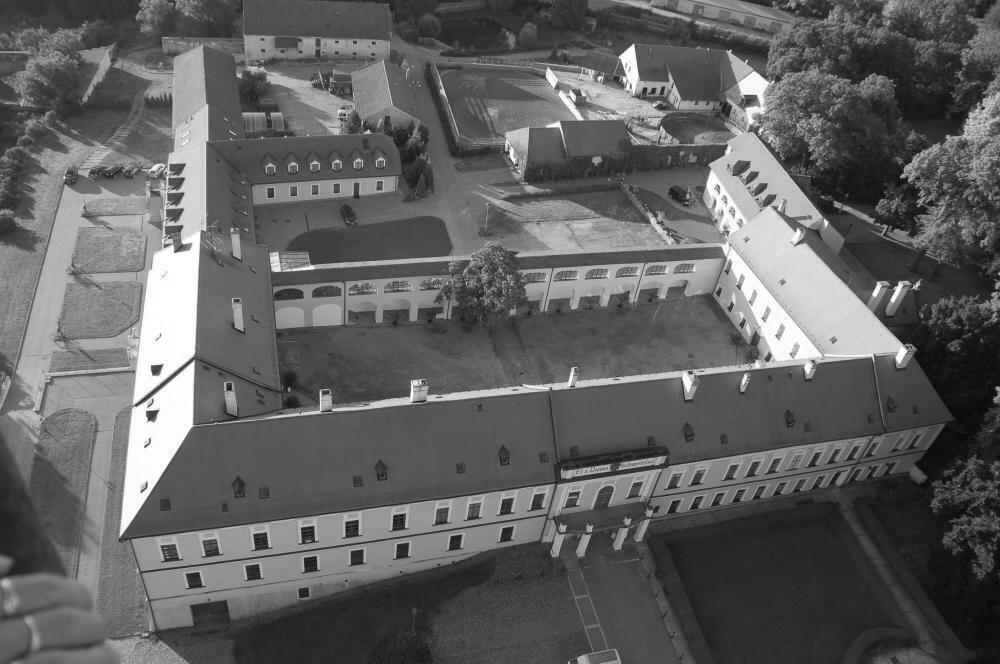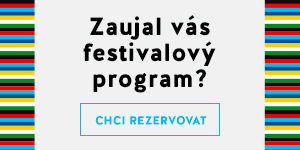
The Fate of the Belcredi Family
Ludvík Belcredi will explain how the family survived the turbulent 20th century and will guide you through the castle grounds.
The Belcredi family has its roots in northern Italy. In the 18th century, they obtained Czech incolate, i.e. were admitted into nobility of their home country,.
The fate of the family in the 20th century was closely linked to the fate of the Czechoslovak Republic. In 1938, as international tension grew, Karel Jiří Belcredi, along with eleven other representatives of noble families expressed their loyalty to the Czechoslovak Republic and their willingness to defend its borders to President Edvard Beneš. They made similar declarations in the same year and again in 1939 to President Emil Hácha.
During the Nazi era, forced administration was imposed on the chateau in Líšeň. In 1948, the family’s brickyard and agricultural land were nationalized. In 1949, Ludvík Hugo Belcredi was arrested and, without a court decision, spent two years in a forced labour camp in Hodonín u Kunštátu. After his release, he made a living as a doorman, stagehand and tram driver. In the 1950s, the Belcredi family was allowed to live in one apartment in the Líšeň chateau. Apart from that, it was used as the seat of the Military Department, National Committee and the Unified Agricultural Cooperative, with grain being dried in the former gallery. The furnishings of the chateau were partly stolen. In the 1970s, Ludvík Hugo Belcredi was given the opportunity to emigrate by the Czech State Secret Service, but he refused. After the Velvet Revolution, the chateau was returned to the family. The family members hold diverse professions, with some being involved in public life.
Ludvík Belcredi, an archaeologist and son of Ludvík Hugo Belcredi. Among others, he is the author of the following books: „1000 years of the Belcredi family “; „ Bystřec: the founding, life and demise of a medieval village“ or „ Saint John saw it all: the history of the Líšeň township 1306–2006“.

Programme will be held in czech.

